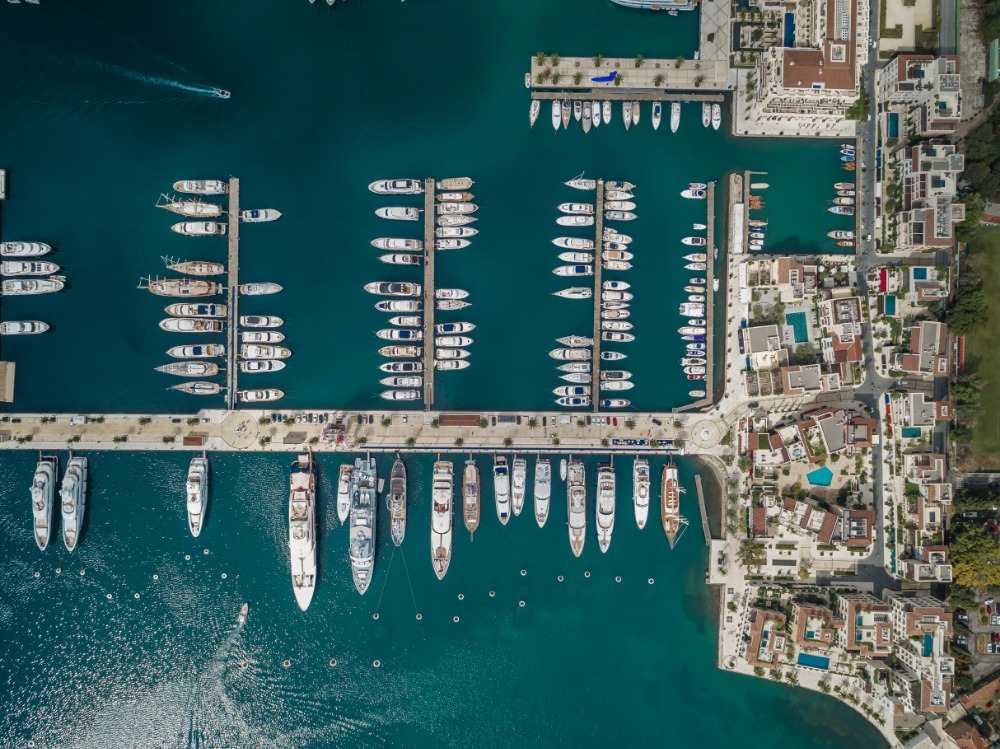Recycling in superyacht marinas
What can the marina sector do to encourage on-board recycling?
A recent article on SuperyachtNews covered a new initiative that aims to encourage marinas to improve recycling facilities for superyachts. The Clean Superyacht Marina campaign claims that many marinas do not provide credible and adequate recycling stations, with many yacht crew left frustrated at the at their inability to recycle properly ashore. We asked stakeholders from the marina sector to comment on whether they agree that recycling facilities for superyachts are, in general, inadequate.
“Porto Montenegro is fully aware that not only do we rely on the natural beauty and water quality to attract our customers but that we have a responsibility as guardians to pass diverse, healthy and clean waterways on to the next generation,” asserts Roddy Blair, marina manager at Porto Montenegro. “I think we have work to do across all industries and states in terms of recycling habits and facilities and the marina industry is no different.”
Patrick Reynes, CEO of the IPM Group, believes that awareness in relation to waste management in marinas is increasing. “We understand that the majority of marinas in the Balearic Islands take care of it, not only because it is a basic service that must be offered to yachts, but also for the environmental responsibility that entails,” he says.
The IPM Group’s marinas, which include Marina Port de Mallorca, Marina Palma Cuarentena and Marina Ibiza, provide facilities to make it easier for customers to dispose of waste in a sustainable way. For example, there are several recycling points for paper, plastic, glass and organic waste, as well as a collection service of oily, black and grey water. To encourage proper waste management, IPM also provides customers with reusable bags for recycling on board.
“While local infrastructure can vary from place to place, and may not currently be available, building a culture of waste separation ensures that effective recycling can take place immediately infrastructure catches up...”
The infrastructure to deal with waste disposal was built into the design of Porto Montenegro. The marina has a grey and black water pump-out system available on all berths over 20m, which is a free of charge service to encourage use, and custom-built waste disposal units for separated waste located on each of the docks. There is also a paper press on site to compact paper and cardboard for efficient transport to recycling plants. Hazardous waste is collected from the yachts and disposed of through government-approved sources.
“I believe the marina sector is ideally positioned to promote environmental best practices and highlight the threats of irresponsible waste management,” explains Blair. “In 2016, Porto Montenegro joined forces with the Seabin project to become a pilot partner in its testing and promotion. While the Seabin has been incredibly effective in removing any floating rubbish, one of the most important aspects of this project is increasing awareness.”
Reynes also believes there should be a minimum level of recycling infrastructure provided in all superyacht marinas. “The most basic service that should be offered is a space where yachts can unload the debris that they have previously recycled on board and a selective collection of wastes, including organic, plastic, paper, cardboard and glass up to hazardous ones,” he says. “From there, the possibilities for improvement in the service are many and, in our marinas, we try to implement complementary actions to reinforce the green agenda and encourage recycling.”
So, what else can be done within the marina sector to help superyachts be more environmentally friendly? “In order to make changes, one must first be aware of the problem and then be willing to make the effort,” responds Reynes. “The problem is with the mindset that a local effort does not make an impact on a larger scale, but this is not the case because every effort adds up. Marinas can encourage their clients to follow correct environmental guidelines, and customers must be willing to receive and apply them.”
Blair also believes that the marina sector can make a difference and assist the superyacht industry by making recycling an easier option. “While local infrastructure can vary from place to place, and may not currently be available, building a culture of waste separation ensures that effective recycling can take place immediately infrastructure catches up,” he concludes.
Profile links
NEW: Sign up for SuperyachtNewsweek!
Get the latest weekly news, in-depth reports, intelligence, and strategic insights, delivered directly from The Superyacht Group's editors and market analysts.
Stay at the forefront of the superyacht industry with SuperyachtNewsweek
Click here to become part of The Superyacht Group community, and join us in our mission to make this industry accessible to all, and prosperous for the long-term. We are offering access to the superyacht industry’s most comprehensive and longstanding archive of business-critical information, as well as a comprehensive, real-time superyacht fleet database, for just £10 per month, because we are One Industry with One Mission. Sign up here.
Related news
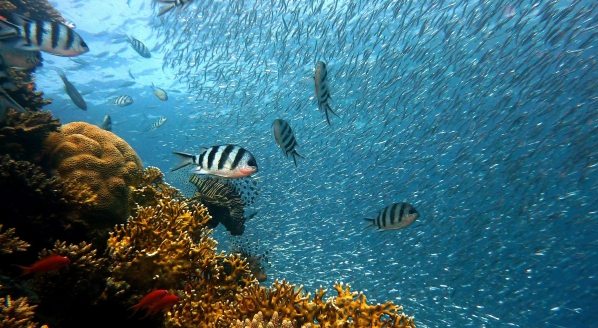
The ocean: both a victim and saviour
Findings from a recent study reveal that the ocean can play an important role in mitigating climate change
Owner
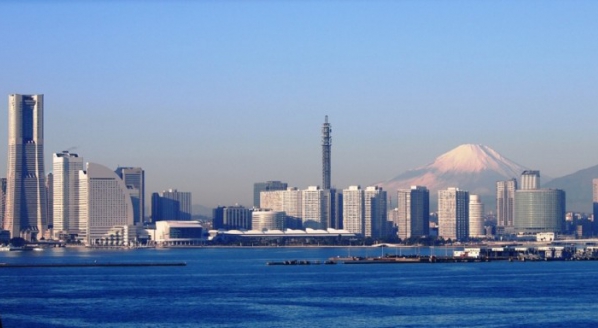
SYL Japan announces Olympic Superyacht Berths
Japan expects record numbers of superyachts visiting the island nation during the 2020 Olympics
Owner

Teakdecking Systems partners with The Nature Conservancy
The partnership will work towards improving forestry practices and fighting illegal logging in Myanmar
Technology
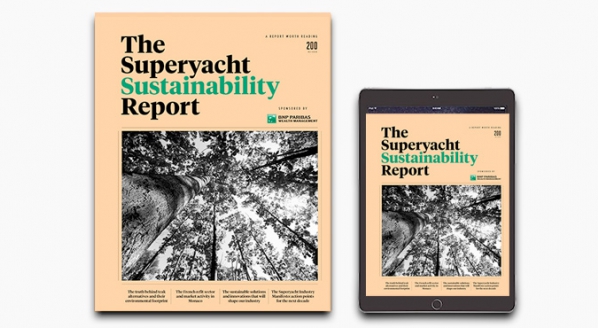
The Superyacht Sustainability Report out now
Our 200th issue sees the industry enter a new, more sustainable decade
Business
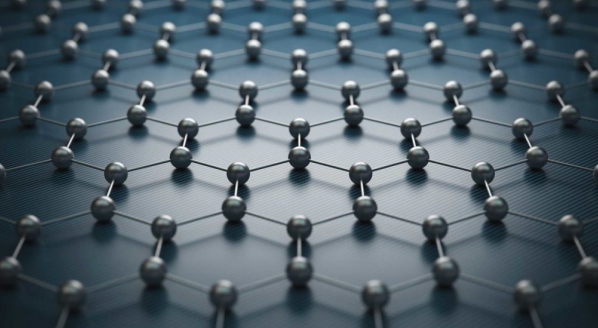
Turning trash into treasure
Graphene can now be produced in bulk by using waste food, plastic and other carbon-based materials
Technology
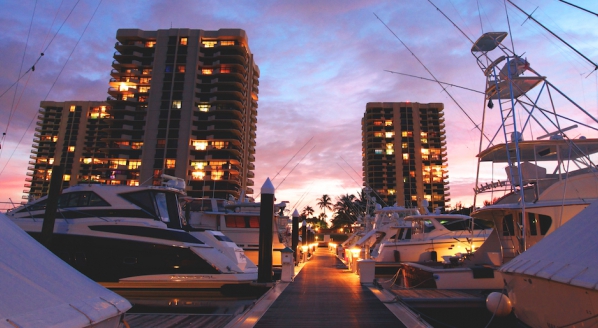
Is American Infrastructure Funds exploring the sale of Safe Harbor Marinas?
Baxter Underwood, CEO of Safe Harbor Marinas, comments on the rumours surrounding a $2 billion sale
Business
Related news
The ocean: both a victim and saviour
6 years ago
SYL Japan announces Olympic Superyacht Berths
6 years ago
The Superyacht Sustainability Report out now
6 years ago
Turning trash into treasure
6 years ago
NEW: Sign up for
SuperyachtNewsweek!
Get the latest weekly news, in-depth reports, intelligence, and strategic insights, delivered directly from The Superyacht Group's editors and market analysts.
Stay at the forefront of the superyacht industry with SuperyachtNewsweek


